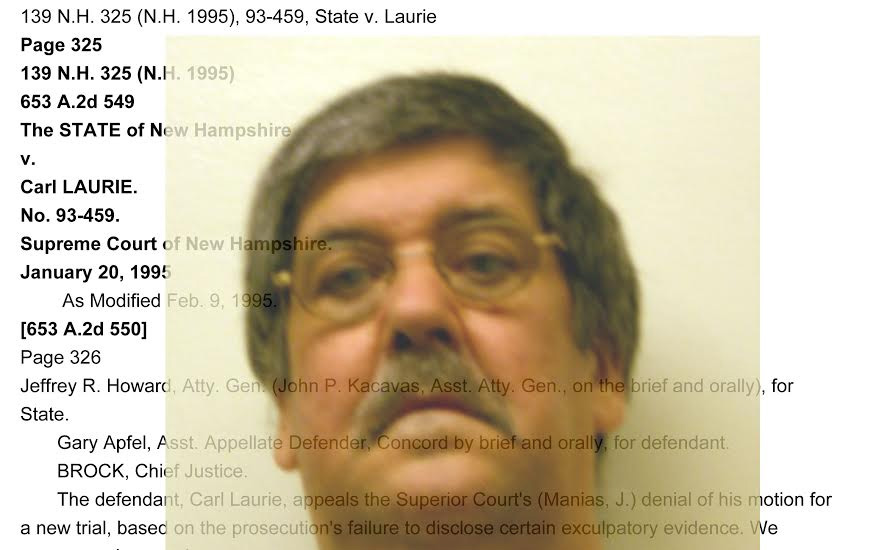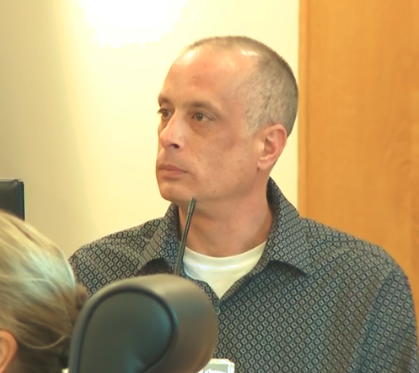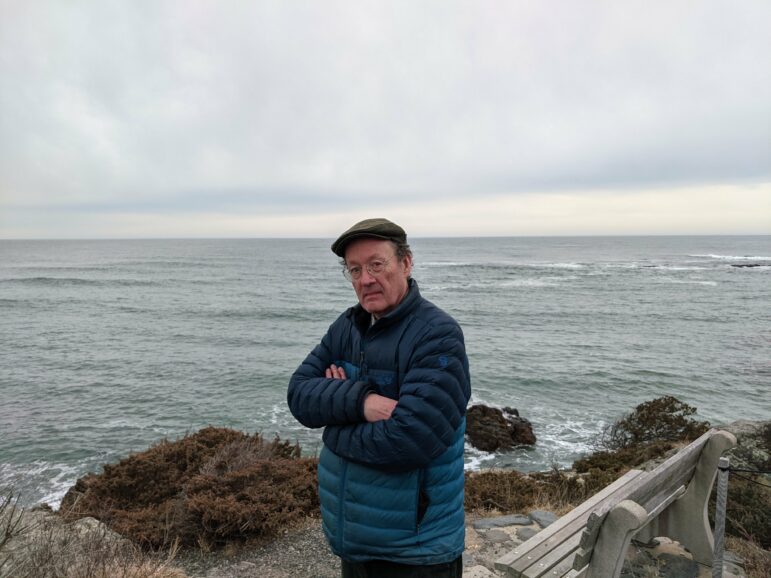By NANCY WEST, InDepthNH.org
CONCORD – The state filed a notice of appeal to the New Hampshire Supreme Court Wednesday indicating it will argue that a judge erred in ruling the Laurie List of dishonest law enforcement officers is a public record.
Superior Court Judge Charles Temple ruled April 23 that the full list, which is now called the Exculpatory Evidence Schedule, is not shielded by state law from disclosure.
Gilles Bissonnette, legal director of the ACLU-NH, said he was disappointed by the state’s decision to appeal.
“The Superior Court’s decision was not only correct, but it also was a historic victory for transparency and police accountability,” Bissonnette said. “The officers on the list have engaged in sustained misconduct that concerns credibility and truthfulness, and the public has a clear right to this information—especially when it goes to the core of an officer’s ability to perform his or her duties.”
The list contains the redacted names of 264 officers and includes the departments where they work or worked in the past, date of notification and type of sustained discipline that put them on the list.
Temple ruled the unredacted list is a public record in the public records suit filed by the ACLU-NH, the New Hampshire Center for Public Interest Journalism and other news outlets in Hillsborough County Superior Court South in Nashua.
Six other media outlets across the state are also named: Concord Monitor, Keene Sentinel, Nashua Telegraph, Seacoast Media Group, Union Leader and Valley News.
The lawsuit argues that the public must have the unredacted list to hold government accountable. It is also the only way to make sure all criminal defendants are notified if an officer testifying against him or her is on the list.
Criminal defendants are constitutionally guaranteed all evidence favorable to them including sustained police discipline that could negatively affect their ability to testify truthfully.
Bissonnette said police have no privacy interests when it comes to their own misconduct.
“Without transparency, the public is left unaware of which officers in their towns have had issues concerning their truthfulness or credibility,” Bissonnette said. “Secrecy also means that defense lawyers have no way to verify whether state prosecutors are properly disclosing to defendants in criminal cases when a testifying officer has a credibility issue.”
The state didn’t respond to a request for comment on their notice of appeal.
The notice of appeal listed the following questions to be raised:
- Did the trial court err in denying the defendant’s motion to dismiss and in holding that neither any statute nor exemption precludes disclosure of the Exculpatory Evidence Schedule pursuant to RSA 91a?
- Did the trial court err in holding that RSA 105:13-b does not proscribe disclosure of the Exculpatory Evidence Schedule?
- Did the trial court err in holding that the Exculpatory Evidence Schedule is not categorically exempt from disclosure pursuant to in RSA 91 a?
- Did the trial court err in holding that the Exculpatory Evidence Schedule is not exempt based on any other exemption in 91 a?
- Did the trial court err in failing to conduct a balancing test as required by this court’s precedent with respect to RSA 91 a to determine whether disclosure of the Exculpatory Evidence Schedule would constitute an invasion of privacy?





